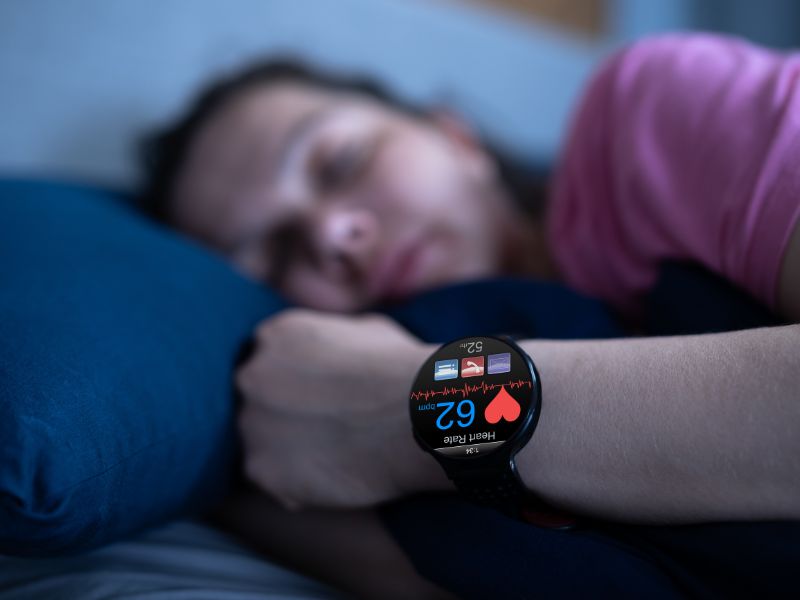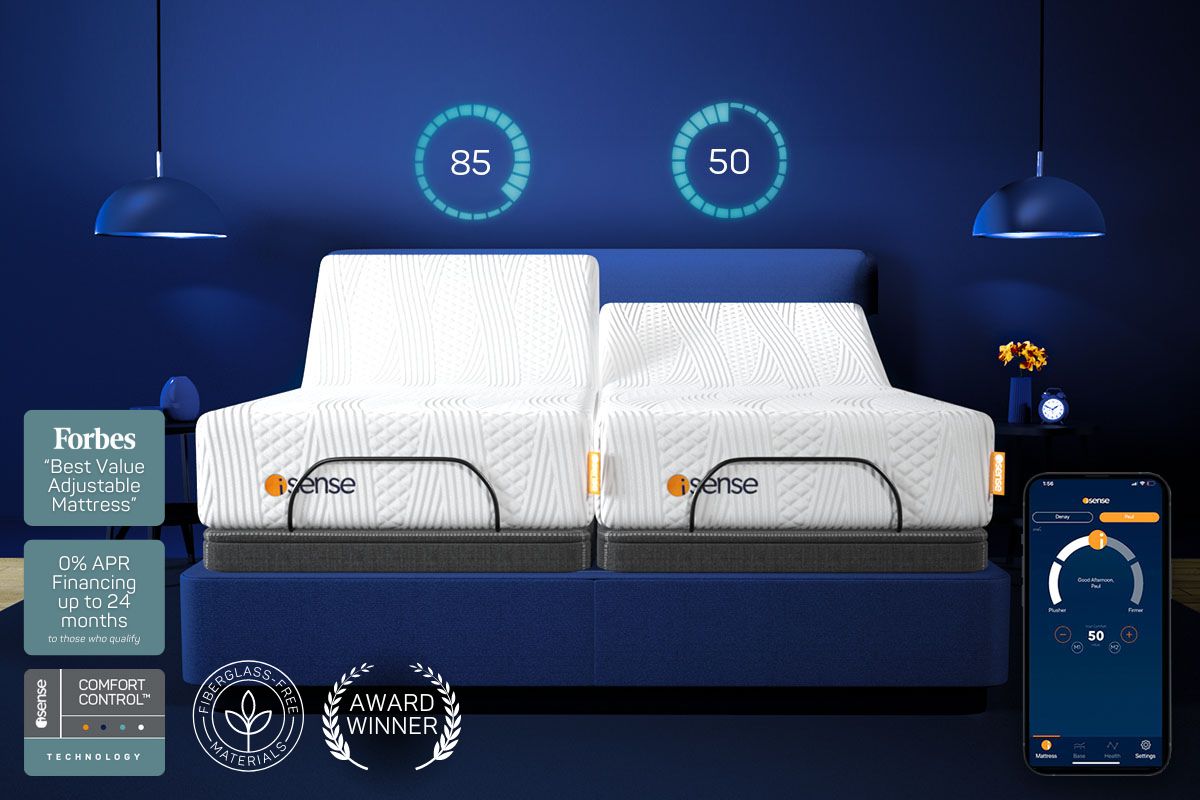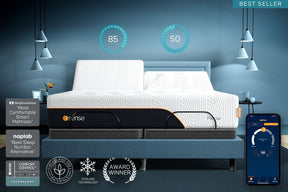What are Chronotypes? Understanding Your Body’s Internal Clock
Chronotypes are like our body's built-in clocks, controlling our daily rhythms and repeating every 24 hours. Your chronotype determines when you’re likely to be active during certain parts of the day. This is often simplified with the popular terms "early bird" or "night owl."
These natural variations in sleep and wake times can affect sleep quality and overall health, influencing a person's mental alertness, performance, and mental health during waking hours.
While most people have a chronotype that aligns with the conventional workday, some individuals find that their natural sleep patterns are significantly earlier or later, impacting their ability to conform to societal schedules. This misalignment can lead to social jet lag, a phenomenon where there is a disconnect between a person's biological clock and their external environment. This can lead to chronic sleep deprivation.
Studies in sleep medicine have highlighted the importance of adapting to one's natural chronotype to maintain optimal health. Acknowledging and respecting your unique chronotypes can contribute to improving sleep quality, and energy levels throughout the day, and may even reduce the risk of certain mental health issues.
An understanding of chronotypes is crucial for both personal well-being and for institutions that may need to consider these biological differences when designing work schedules or evaluating performance.
Understanding Chronotypes and Circadian Rhythms
Chronotypes are an integral part of human biology, influencing our daily patterns of sleep, activity, and overall health. The interplay between these personal time patterns and the circadian rhythms regulated by our internal clocks shapes not only our days but can have profound implications for our well-being.
Biological Basis of Chronotypes
Chronotypes are rooted in the circadian rhythms that control the body’s functions. These rhythms, coordinated by the suprachiasmatic nucleus in the brain, synchronize physiological processes with the 24-hour day. Genetics play a significant role, as variations in clock gene expression can influence an individual's inclination toward feeling awake and alert in the morning or evening, or morningness or eveningness.
Chronotype Categories and Characteristics
There are typically three chronotype categories: morning types, evening types, and intermediate types. Morning types wake up easily and are most alert during the first part of the day, while evening types find peak energy levels later in the day. Intermediate types fall somewhere in between.
The Impact of Chronotypes on Health
An individual’s chronotype can affect their quality of life, with mismatches between biological and social clocks, known as social jetlag. This can lead to health issues like obesity, type 2 diabetes, and metabolic syndrome. Evening types may have a higher risk of sleep apnea.
Chronotype, Social Timing, and Lifestyle
The synchronization, or lack thereof, between a person's chronotype and their environment, can impact social timing and lifestyle. Those who have a late chronotype but need to rise early may experience social jetlag, while shift workers might face challenges aligning their work schedules with their natural circadian timing.
Assessment Tools for Chronotype and Circadian Rhythms
Chronotype can be assessed using validated tools, such as the Morningness-Eveningness Questionnaire (MEQ) and the Munich Chronotype Questionnaire (MCTQ). Techniques like actigraphy, which tracks locomotor activity, also contribute to understanding an individual’s circadian rhythms.
Chronotypes in Adolescents and Education Outcomes
For adolescents, chronotype is often a critical factor in academic performance. Studies have indicated that those with evening tendencies can experience mismatches with early school start times, which could affect their grades and overall education outcomes.
Personality, Behavior, and Chronotypes
Personality traits like conscientiousness, impulsivity, and risk-taking may correlate with chronotype. For instance, evening types might exhibit more creativity and impulsivity, while morning types could show higher levels of anxiety.
Circadian Rhythms and Mental Health Disorders
The association between circadian rhythms and mental health is notable. Disruptions in circadian rhythms can predispose individuals to a variety of mental disorders, including depression, bipolar disorder, and dementia. Understanding one's chronotype can be important in the context of mental health management.
Chronotypes and Societal Interactions
Chronotypes significantly influence how individuals interact within society, affecting aspects from workplace dynamics to lifestyle choices and economic factors.
Chronotypes in the Workplace
Individuals with varying chronotypes exhibit different levels of wakefulness and alertness at various times of the day, which directly impacts work performance. A 'morning type,' or lark, tends to perform better in jobs with traditional hours, while an 'evening type,' or owl, may struggle with early starts leading to a phenomenon known as social jetlag. The discrepancy between an individual’s chronotype and their work schedule can result in circadian rhythm sleep disorders. This can be especially true for shift workers.
Chronotypes and Daily Social Life
Chronotypes also shape daily social interactions. Evening types may experience mood changes, such as anger or irritability, due to a misalignment with societal norms and might engage in more risk-taking behaviors. Morning types, or bears, find it easier to adapt to societal expectations. Their sleep quality tends to align better with social demands, compared to wolves or lions, who might gravitate towards skipping breakfast or increased electronic media, such as TV or scrolling social media, use at night.
Digital Media, Nutrition, and Chronotypes
Electronic media usage habits often vary according to chronotype. Evening types might be prone to longer exposure to screens late at night, which can exacerbate insomnia and disrupt circadian rhythms. In terms of nutrition, evening types may delay or skip breakfast more frequently, potentially impacting metabolic processes and sleep quality. However, interventions like light therapy have been explored to rectify circadian misalignments.
Economic Aspects and Chronotypes
Chronotypes have an economic impact as well. Socioeconomic status can influence an individual's chronotype and vice versa. Misalignment between chronotype and work hours can affect mortality risk. Additionally, sleep disorders and associated health risks linked to chronotype misalignment may result in higher healthcare costs and productivity losses.






















